THE YEAR 1964 was a transformative period marked by dramatic changes across politics, civil rights, pop culture, and international affairs. In the United States, the Civil Rights Act was signed into law, reshaping American society. The United Kingdom saw a general election usher in Harold Wilson’s Labour government. Meanwhile, across the world, conflicts intensified in Vietnam and the Congo, the Cold War escalated with nuclear proliferation, and the cultural landscape was transformed by Beatlemania and a new era of modern art and media.
Explore our newspaper archives to purchase your own authentic 1964 newspaper!
January
3 January: The US Congress convened its session with a Democratic majority under President Lyndon B. Johnson, setting the stage for civil rights reforms.
7 January: Pope Paul VI became the first reigning pope to visit the Holy Land in over 1,000 years, meeting with Patriarch Athenagoras I in Jerusalem.
8 January: US President Lyndon B. Johnson delivered his first State of the Union Address, calling for a “War on Poverty.”
11 January: The U.S. Surgeon General released the first major report linking cigarette smoking to cancer and heart disease.
13 January: Capitol Records released The Beatles’ first US album Introducing ... The Beatles, ahead of their American breakthrough.
15 January: A violent anti-Muslim riot erupted in Calcutta, India, resulting in over 100 deaths and hundreds more injured.
18 January: Plans for Britain’s Channel Tunnel between England and France were revived after years of delay, with renewed bilateral interest.
23 January: The Twenty-Fourth Amendment to the United States Constitution was ratified, prohibiting poll taxes in federal elections.
29 January: Britain's House of Commons voted to abolish capital punishment for murder, although the bill would later be defeated in the House of Lords.
February
1 February: The Beatles topped the US Billboard chart with I Want to Hold Your Hand, beginning a period of musical domination.
Delve deeper into the history of the Beatles

3 February: French President Charles de Gaulle vetoed Britain’s entry into the European Economic Community for a second time.
7 February: The Beatles arrived in New York for their first US visit, greeted by thousands of fans at JFK Airport.
9 February: The Beatles performed live on The Ed Sullivan Show to an audience of over 73 million Americans.
10 February: Melbourne was struck by bushfires that destroyed homes and farmland across Victoria, Australia, killing 8 people.
11 February: Greeks and Turks clashed in Cyprus, prompting the UN to later authorise peacekeeping forces to the island.
15 February: American boxer Cassius Clay (soon Muhammad Ali) predicted he would defeat Sonny Liston, ahead of their highly anticipated fight.
25 February: Cassius Clay defeated Sonny Liston in Miami to become the World Heavyweight Champion at the age of 22.
27 February: The Italian government officially asked for NATO protection following a Communist plot to attack Rome’s US Embassy.
March
6 March: Constantine II became King of Greece following the death of his father, King Paul.
9 March: The first Ford Mustang rolled off the production line in Dearborn, Michigan, ahead of its official launch in April.
10 March: A violent coup in the Congo saw President Joseph Kasavubu struggle to contain rebel forces as US-backed operations escalated.
12 March: Malcolm X officially broke away from the Nation of Islam, criticising its leadership and founding Muslim Mosque, Inc.
14 March: Jack Ruby was found guilty of the murder of Lee Harvey Oswald, the assassin of President John F. Kennedy.
16 March: UK Chancellor Reginald Maudling announced an £800 million balance of payments deficit, sparking public concern.
27 March: The "Great Alaskan Earthquake" struck near Anchorage, with a magnitude of 9.2, becoming the most powerful recorded quake in North American history.

Collapse of Fourth Avenue near C Street in Anchorage due to a landslide caused by the earthquake. Image: Wikipedia
31 March: The military-led government of Brazil was overthrown by a US-supported coup, establishing a dictatorship that would last two decades.
April
4 April: The Beatles occupied all top five positions on the Billboard Hot 100 chart, a feat never before achieved.
9 April: The UK government approved plans for commercial colour television to be introduced in the coming years.
13 April: Sidney Poitier became the first black man to win an Academy Award for Best Actor, for Lilies of the Field.
16 April: The Rolling Stones released their debut album, titled The Rolling Stones, in the United Kingdom.
Explore the story of The Rolling Stones through newspaper history

20 April: The BBC launched its educational service BBC Schools, broadcasting televised lessons to classrooms across the country.
21 April: The first official IBM System / 360 mainframe computer was announced, marking a revolution in digital computing.
22 April: A bomb exploded at the US Embassy in Saigon, intensifying tensions as America’s involvement in Vietnam deepened.
30 April: The government of Laos requested urgent international help in combating Communist insurgents supported by North Vietnam.
May
2 May: Vietnam War escalation continued as American forces were attacked by Viet Cong guerrillas at Bien Hoa airbase.
Delve deeper into the newspaper history of the Vietnam War

4 May: The Netherlands officially ended its conscription policy, becoming the first NATO country to do so post-war.
7 May: The Pacific island nation of Tonga became a British protected state, beginning steps toward independence.
12 May: The Soviet Union successfully launched multiple satellites as part of its continued Vostok space programme.
15 May: Canada adopted the Maple Leaf as the design for its new national flag, officially removing colonial symbols.
19 May: Britain hosted its first pirate radio broadcast from Radio Caroline, defying BBC radio's monopoly.
22 May: US President Johnson outlined plans for the "Great Society" in a major speech at the University of Michigan.
25 May: The Khamba Revolt continued in Tibet against Chinese Communist rule, drawing international condemnation.
30 May: The FA Cup final saw West Ham United defeat Preston North End 3 – 2 at Wembley Stadium.
June
3 June: Nelson Mandela and seven other anti-apartheid leaders were sentenced to life imprisonment in the Rivonia Trial.
6 June: The Rolling Stones made their first appearance on Top of the Pops, cementing their popularity.
12 June: Labour MP George Brown proposed sweeping reforms in industrial training, foreshadowing modern apprenticeships.
14 June: The Vatican abolished the Index Librorum Prohibitorum, the list of prohibited books, ending centuries of censorship.
15 June: The Soviet Union accused the US of using spy planes over its territory, worsening Cold War tensions.
19 June: The US Senate voted 73 – 27 in favour of the Civil Rights Act after a lengthy filibuster by Southern senators.
21 June: Three civil rights workers disappeared in Mississippi; their bodies would later be discovered in August, murdered by the KKK.
28 June: Malcolm X launched the Organisation of Afro-American Unity, inspired by pan-Africanist ideals.
July
2 July: President Lyndon B. Johnson signed the Civil Rights Act into law, outlawing segregation and discrimination in the United States.
5 July: England defeated Portugal 4 – 3 in a friendly football match at Wembley, watched by over 100,000 spectators.
6 July: Malawi became an independent nation after decades of British colonial rule, with Hastings Banda as its first Prime Minister.
9 July: Peter and Gordon's A World Without Love reached number one in the US and UK, written by Paul McCartney.
13 July: Riots broke out in Harlem, New York, after a Black teenager was shot by police, leading to six nights of unrest.
17 July: Donald Campbell broke the water speed record at Lake Dumbleyung in Australia, reaching 276.3 mph.
23 July: A series of bombings in Saigon signalled a dramatic escalation of the Vietnam conflict.
28 July: Winston Churchill received honorary US citizenship from Congress, praised for his wartime leadership.
Explore the life and work of Winston Churchill through newspaper headlines

August
2 August: North Vietnamese patrol boats attacked the USS Maddox in the Gulf of Tonkin, prompting a rapid American military response.
4 August: The bodies of the three missing civil rights workers were discovered buried in Mississippi.
7 August: The US Congress passed the Gulf of Tonkin Resolution, giving President Johnson broad war powers in Vietnam.
10 August: Turkey began bombing Cyprus following ongoing ethnic violence, leading to a humanitarian crisis.
14 August: American artist Roy Lichtenstein opened his first major UK exhibition at the Tate Gallery.
18 August: South Africa was banned from competing in the Tokyo Olympics due to its apartheid policy.
21 August: Kenya and Somalia clashed over border disputes, sparking the Shifta War.
27 August: Mary Poppins, starring Julie Andrews and Dick Van Dyke, premiered in Los Angeles.

Theatrical release poster by Paul Wenzel. Image: Wikipedia
30 August: American civil rights activists launched the Mississippi Freedom Labour Union in Hattiesburg.
September
3 September: The Forth Road Bridge in Scotland was officially opened by Queen Elizabeth II, replacing a century-old ferry service.
6 September: Queen Elizabeth II began a state visit to Canada, receiving a warm reception across the Commonwealth nation.
10 September: The United Nations called for an end to apartheid after the Rivonia Trial verdicts.
13 September: The third series of Doctor Who debuted, introducing a new generation of fans to British science fiction.
15 September: The Soviet Union launched the spacecraft Zond 2, aimed at reaching Mars.
19 September: Malta gained independence from the United Kingdom, with George Borg Olivier as its first Prime Minister.
24 September: President Johnson announced increased military aid to South Vietnam in response to escalating conflict.
30 September: The Warren Commission report concluded that Lee Harvey Oswald acted alone in the assassination of JFK.
October
1 October: The Tokyo Olympics began, becoming the first Games to be broadcast globally via satellite.

Yoshinori Sakai running toward the Olympic cauldron. Image: Wikipedia
3 October: The Labour Party, led by Harold Wilson, narrowly won the UK general election, ending 13 years of Conservative rule.
5 October: The Moors murders began with the disappearance of 16-year-old Pauline Reade in Manchester.
9 October: Soviet leader Nikita Khrushchev was removed from power and replaced by Leonid Brezhnev and Alexei Kosygin.
14 October: Martin Luther King Jr. was awarded the Nobel Peace Prize for his leadership of the American civil rights movement.
16 October: China detonated its first atomic bomb at Lop Nur, joining the global nuclear powers.
19 October: The 1964 Nobel Prize in Literature was awarded to French philosopher Jean-Paul Sartre, who refused the honour.
21 October: Malta officially became a member of the United Nations following its independence.
November
3 November: Lyndon B. Johnson won the US presidential election in a landslide against Republican Barry Goldwater.
5 November: Mariner 3 was launched by NASA but failed to escape Earth’s orbit; it was later replaced by Mariner 4.
8 November: British television aired Seven Up!, the first in a landmark documentary series following a group of children over their lives.
11 November: Zambia was admitted to the United Nations after gaining independence in October.
14 November: The UK government raised cigarette prices and alcohol taxes in an emergency budget under Chancellor James Callaghan.
18 November: J. Edgar Hoover described Martin Luther King Jr. as “the most notorious liar in the country,” escalating FBI surveillance.
22 November: The musical Fiddler on the Roof opened on Broadway, eventually becoming one of the longest-running shows in history.
28 November: NASA launched Mariner 4, successfully beginning its journey toward Mars.
December
1 December: The UK's Trade Disputes Act was revised to limit union powers in response to rising industrial unrest.
4 December: The Beatles released Beatles for Sale in the UK, showcasing a darker tone than previous albums.
6 December: A coal mine explosion in Japan killed over 400 miners in one of the worst industrial disasters of the decade.
10 December: Russian author Alexander Solzhenitsyn received the Nobel Prize in Literature, but was barred from attending the ceremony.
14 December: Kenya celebrated one year of independence with nationwide events and political speeches.
17 December: Canada launched Alouette II, its second satellite, reinforcing its role in global space research.
21 December: The British government announced cuts to overseas military spending, signalling the start of a retreat from empire.
24 December: The BBC aired A Carol for Christmas, a modern adaptation of Dickens’ classic tale.
30 December: Donald Campbell achieved a new land speed record at Lake Eyre, Australia, reaching 403 mph.
Key Events of 1964
The Civil Rights Act of 1964
One of the most transformative moments of the 20th century came on 2 July, when US President Lyndon B. Johnson signed the Civil Rights Act into law. It outlawed segregation in public places, banned employment discrimination, and empowered the federal government to enforce civil rights protections. This act marked a major victory for the American civil rights movement, which had faced decades of violent resistance, political obstacles, and institutionalised racism.
Harold Wilson Becomes Prime Minister
ON 15 October, Labour leader Harold Wilson became British Prime Minister after a narrow general election win. His modernising agenda focused on science, education, and economic reform. Wilson’s leadership marked a shift toward progressive policies and away from the post-war consensus that had defined the previous Conservative governments.

Harold Wilson, UK Labour leader, at a meeting with US Defense Secretary Robert McNamara. Image: Wikipedia
China’s First Nuclear Test
ON 16 October, the People's Republic of China detonated its first atomic bomb, dramatically altering global geopolitics. The test at Lop Nur made China the fifth nuclear power, intensifying Cold War tensions and transforming strategic calculations in Asia and beyond. The event demonstrated China's emerging global ambitions and technological capability.
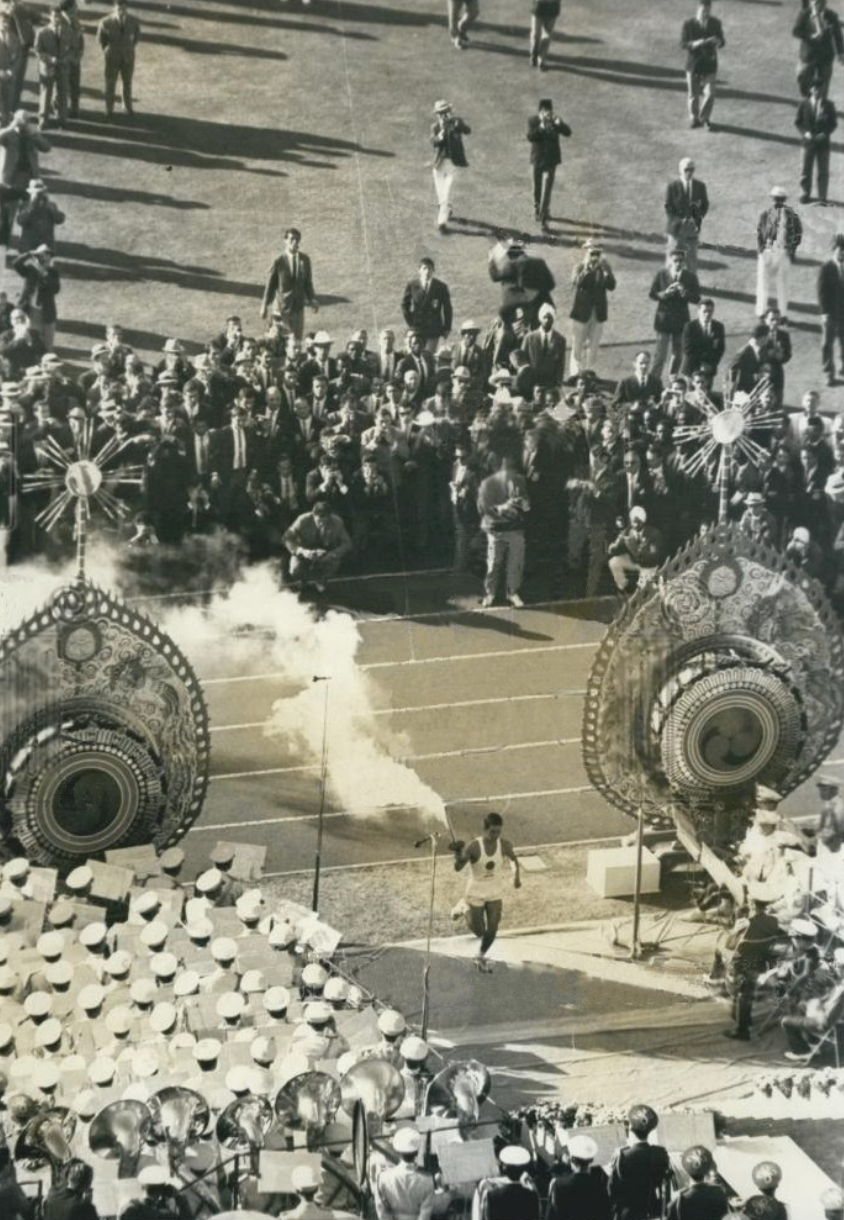


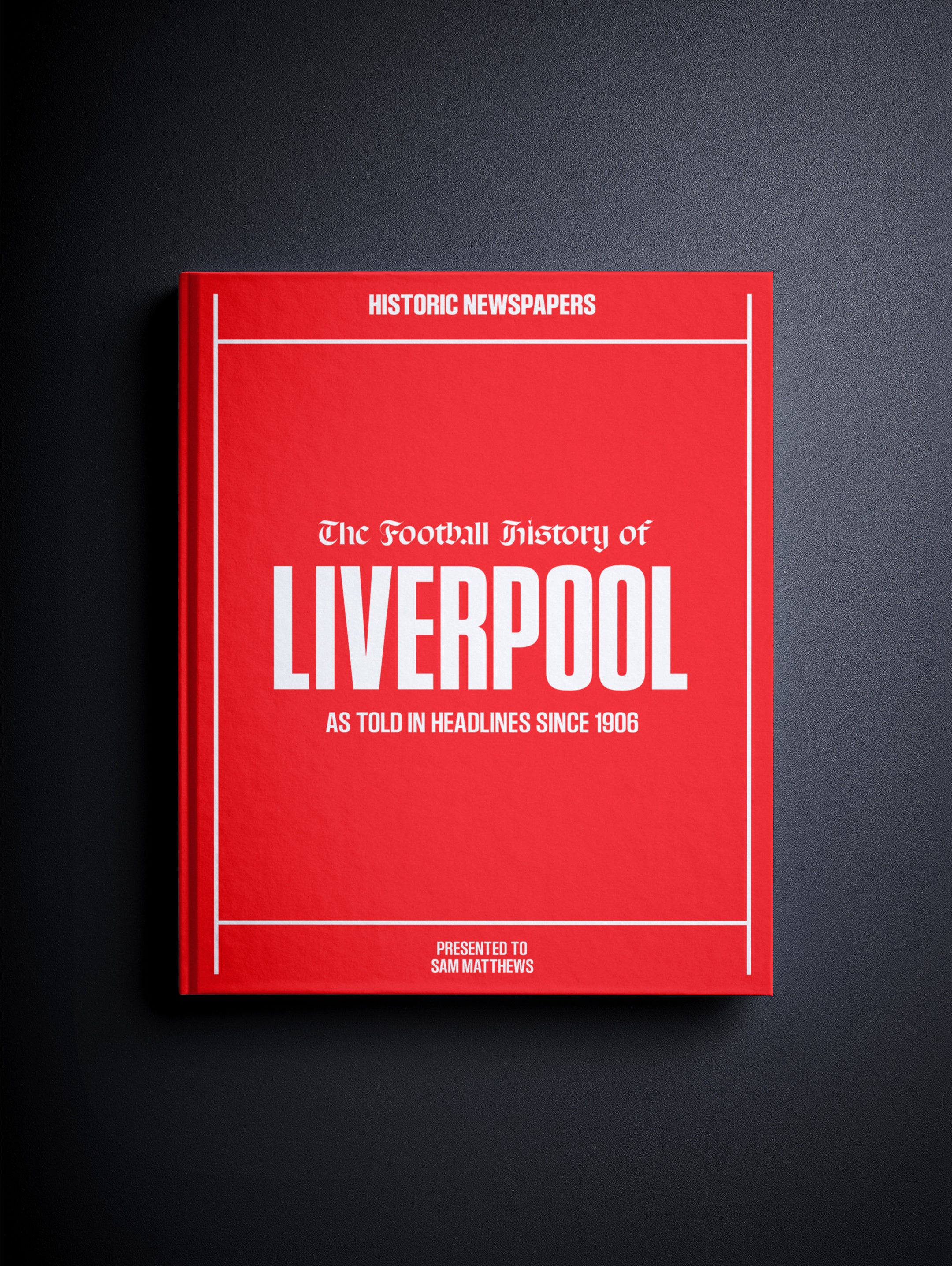
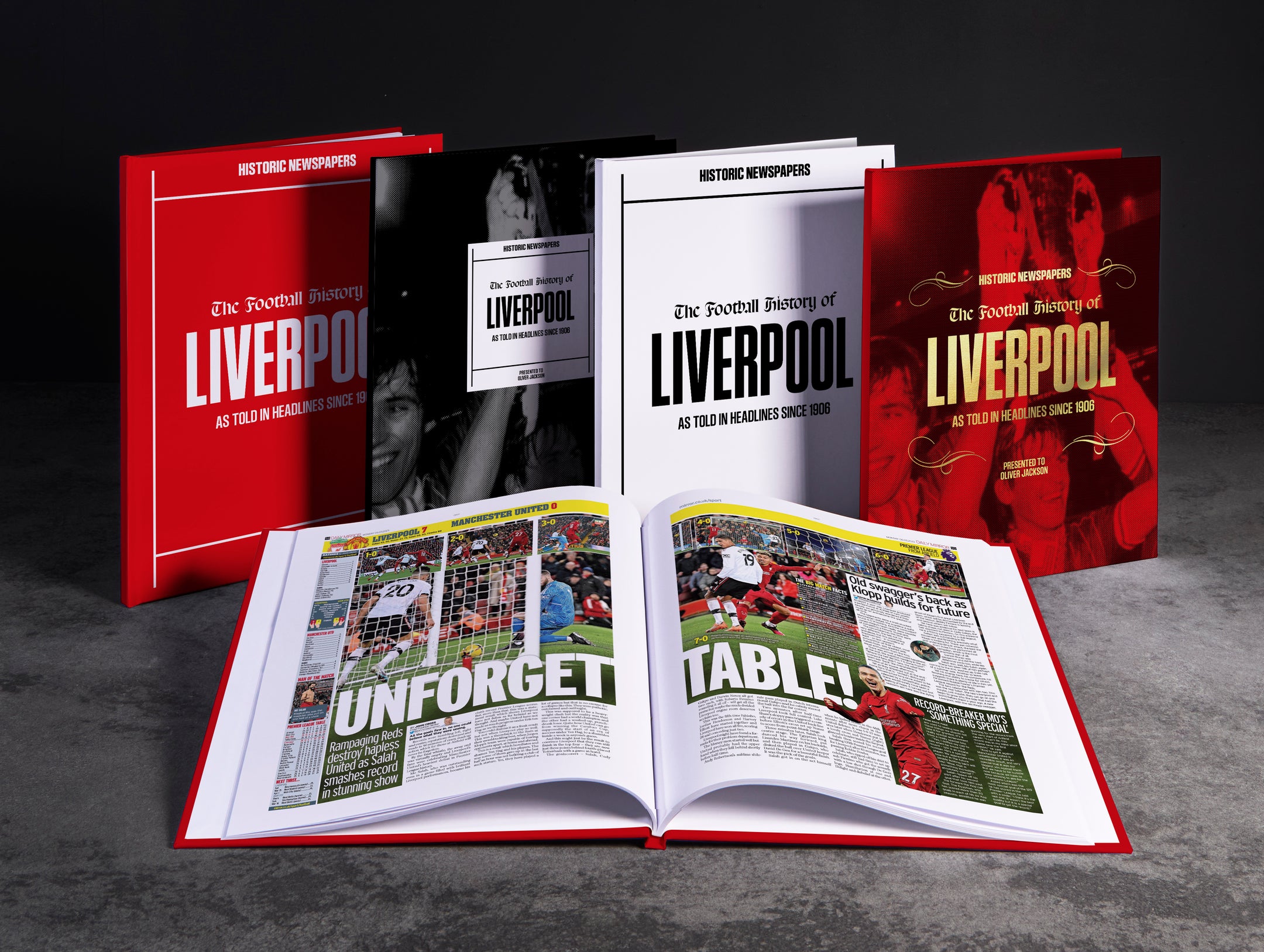


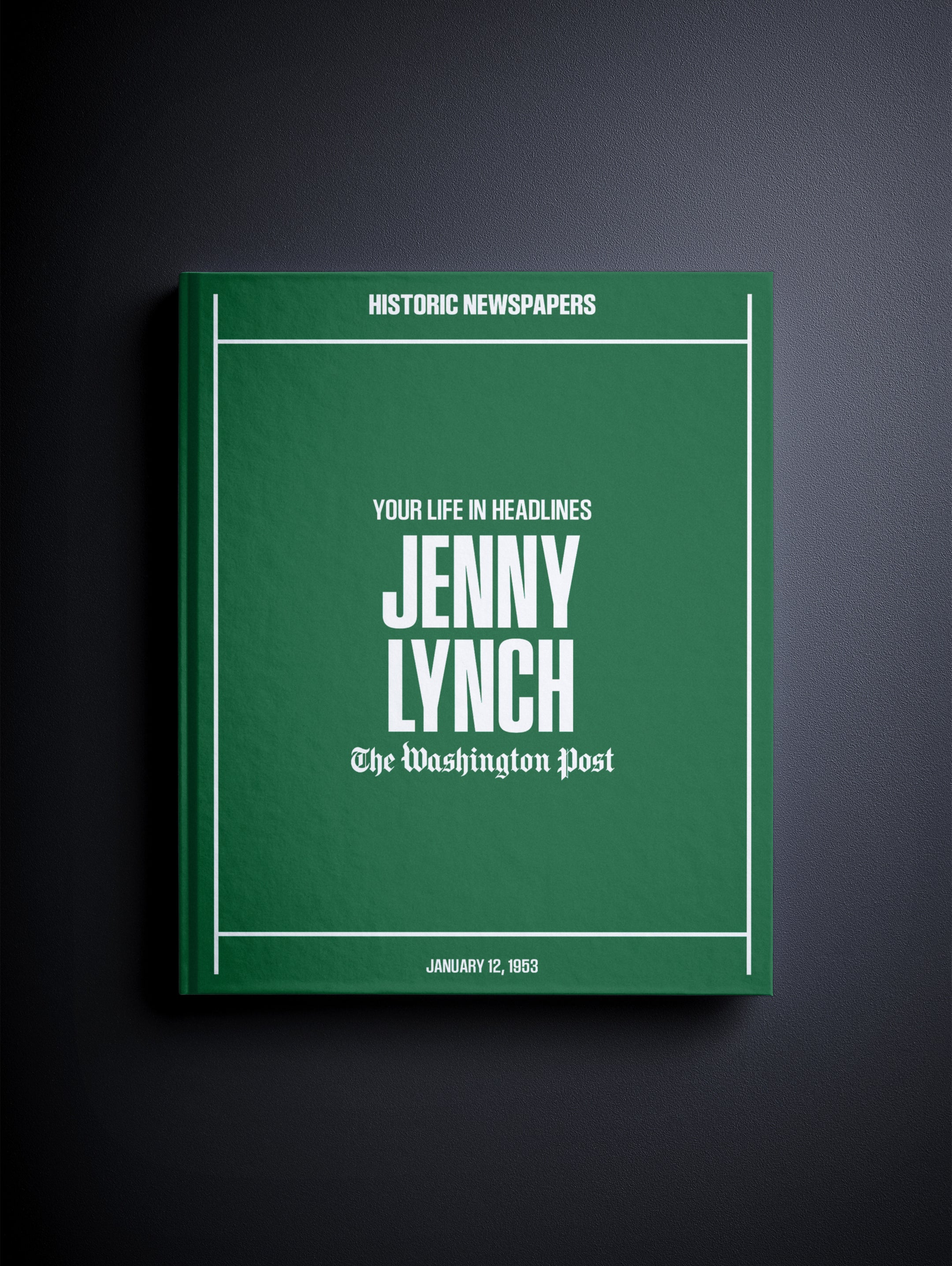
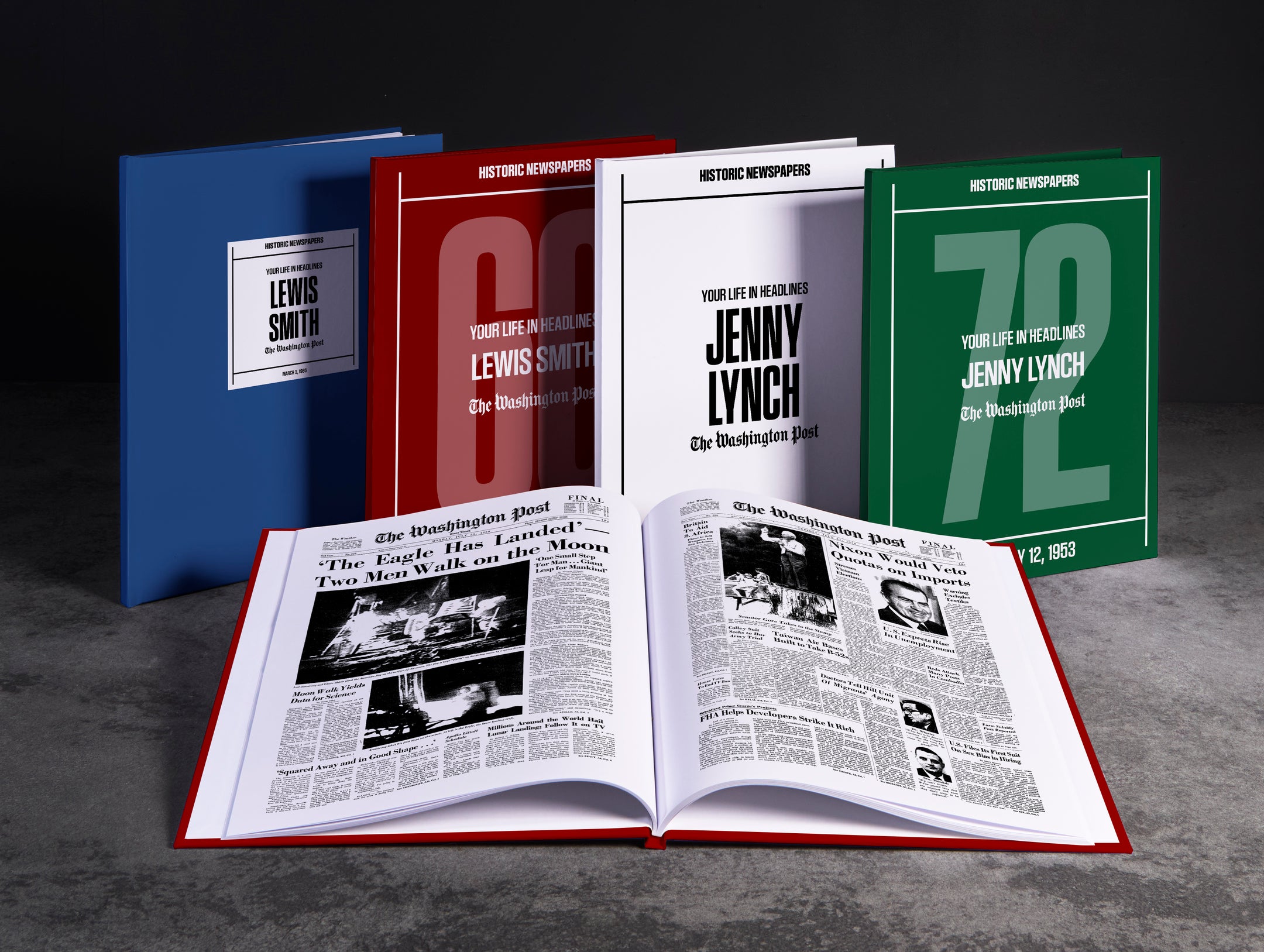
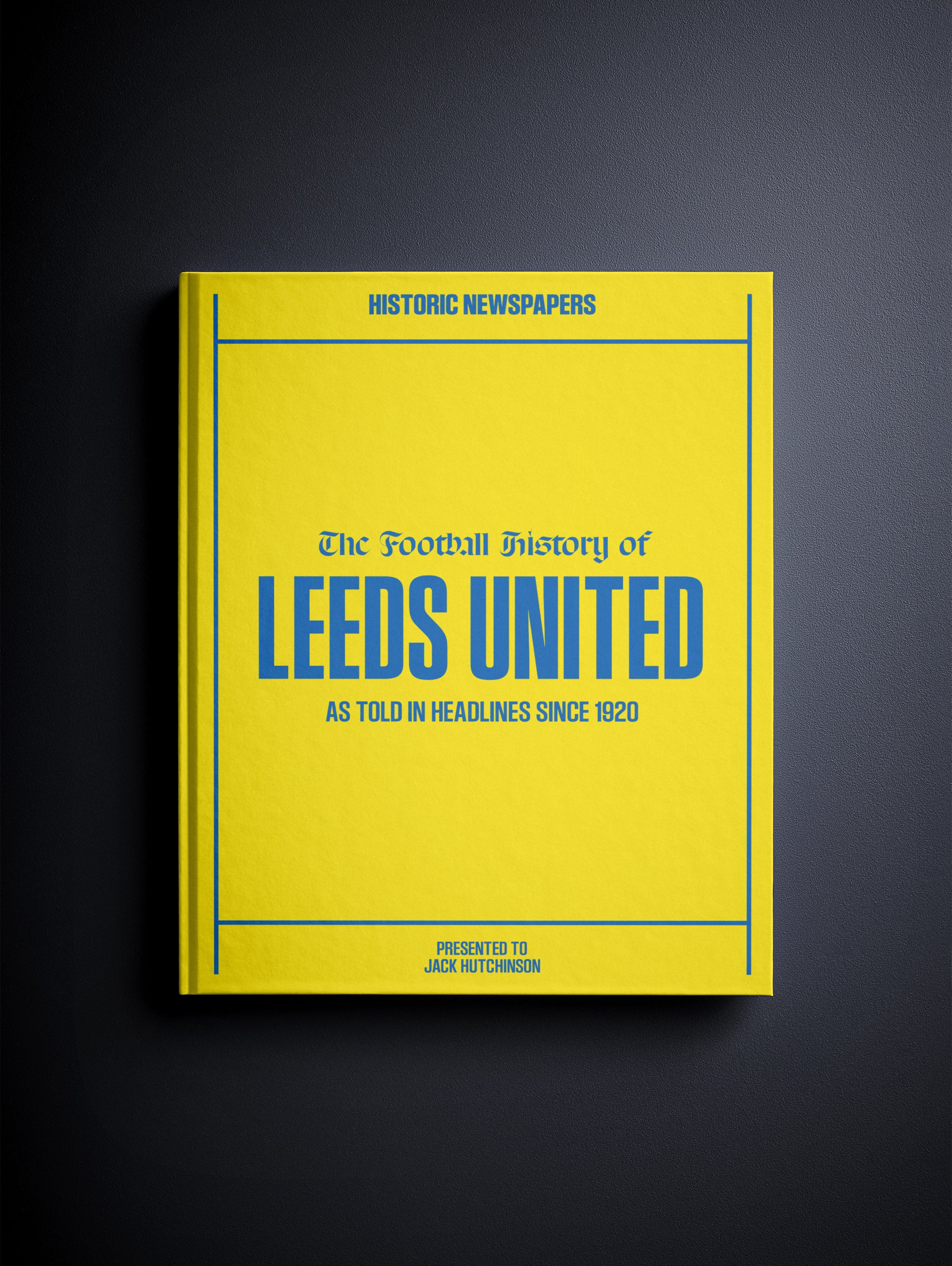
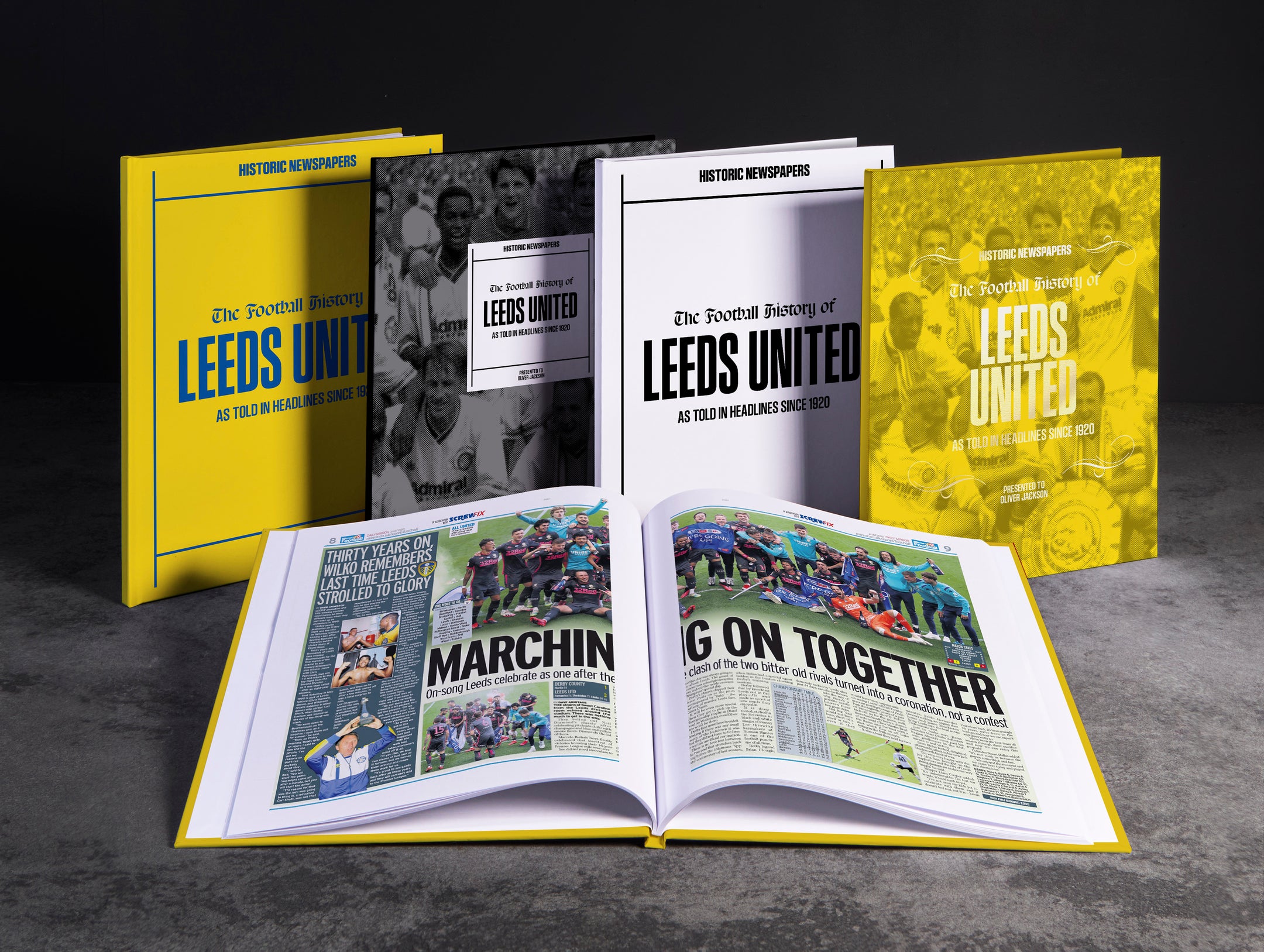


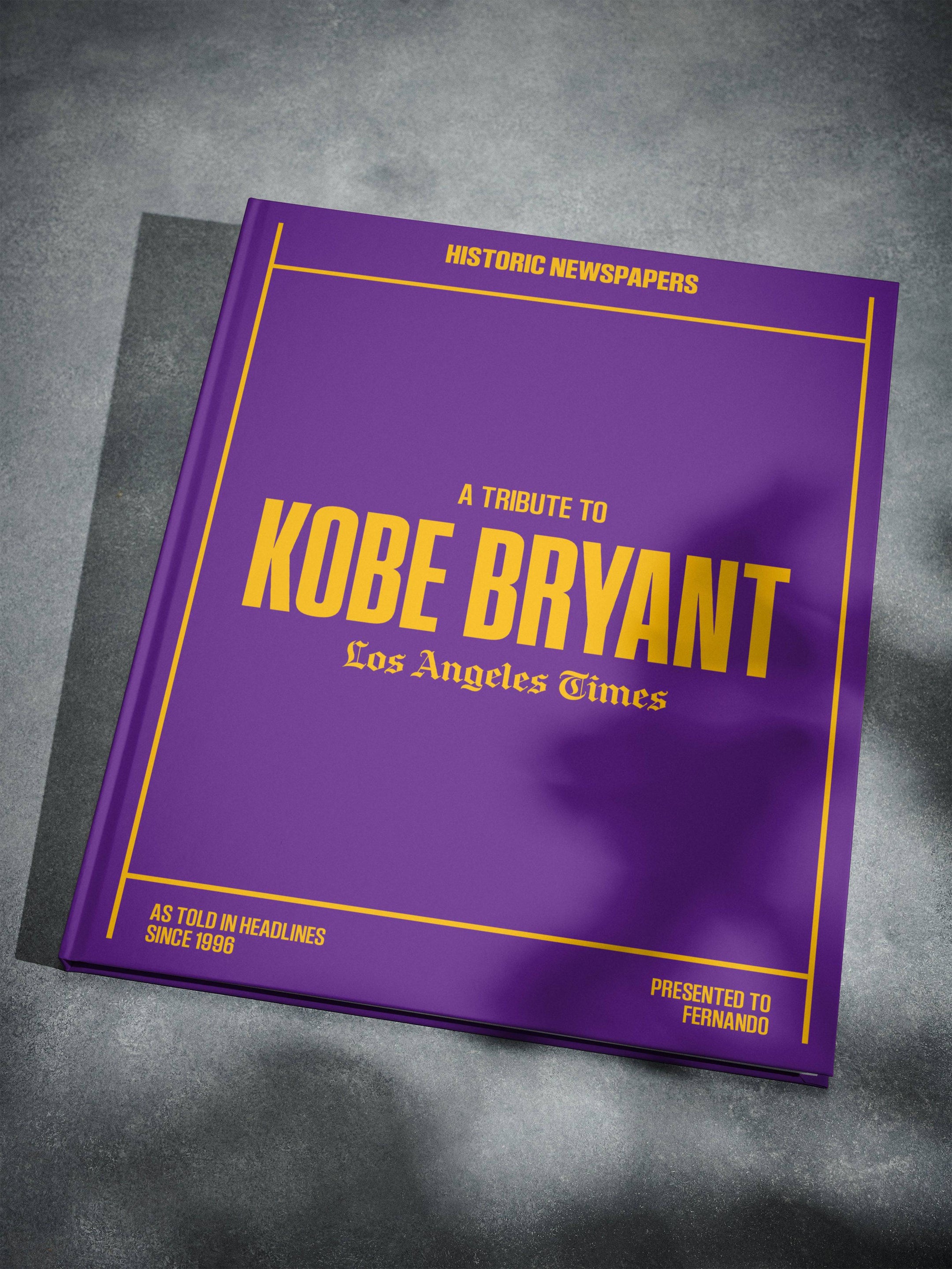
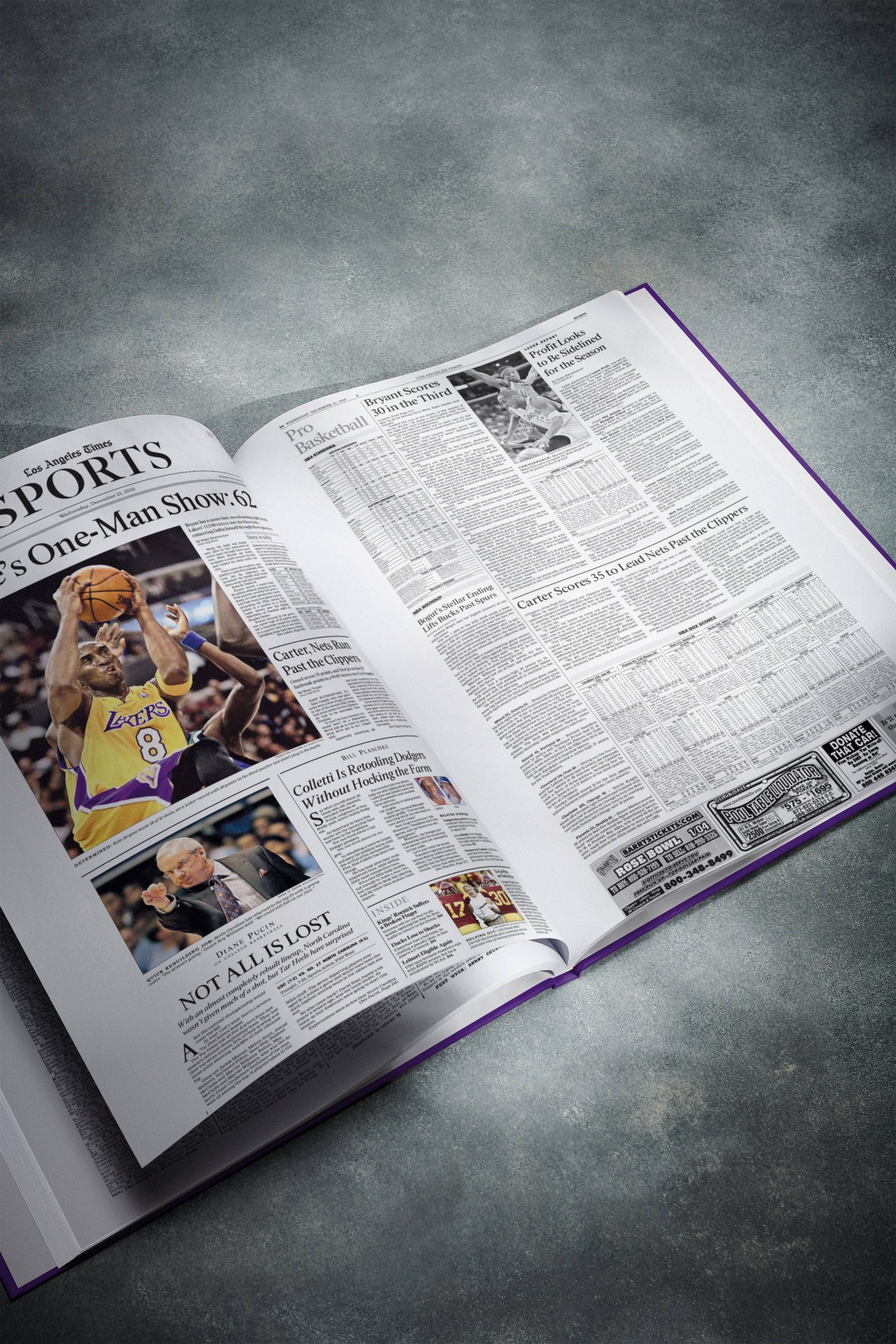
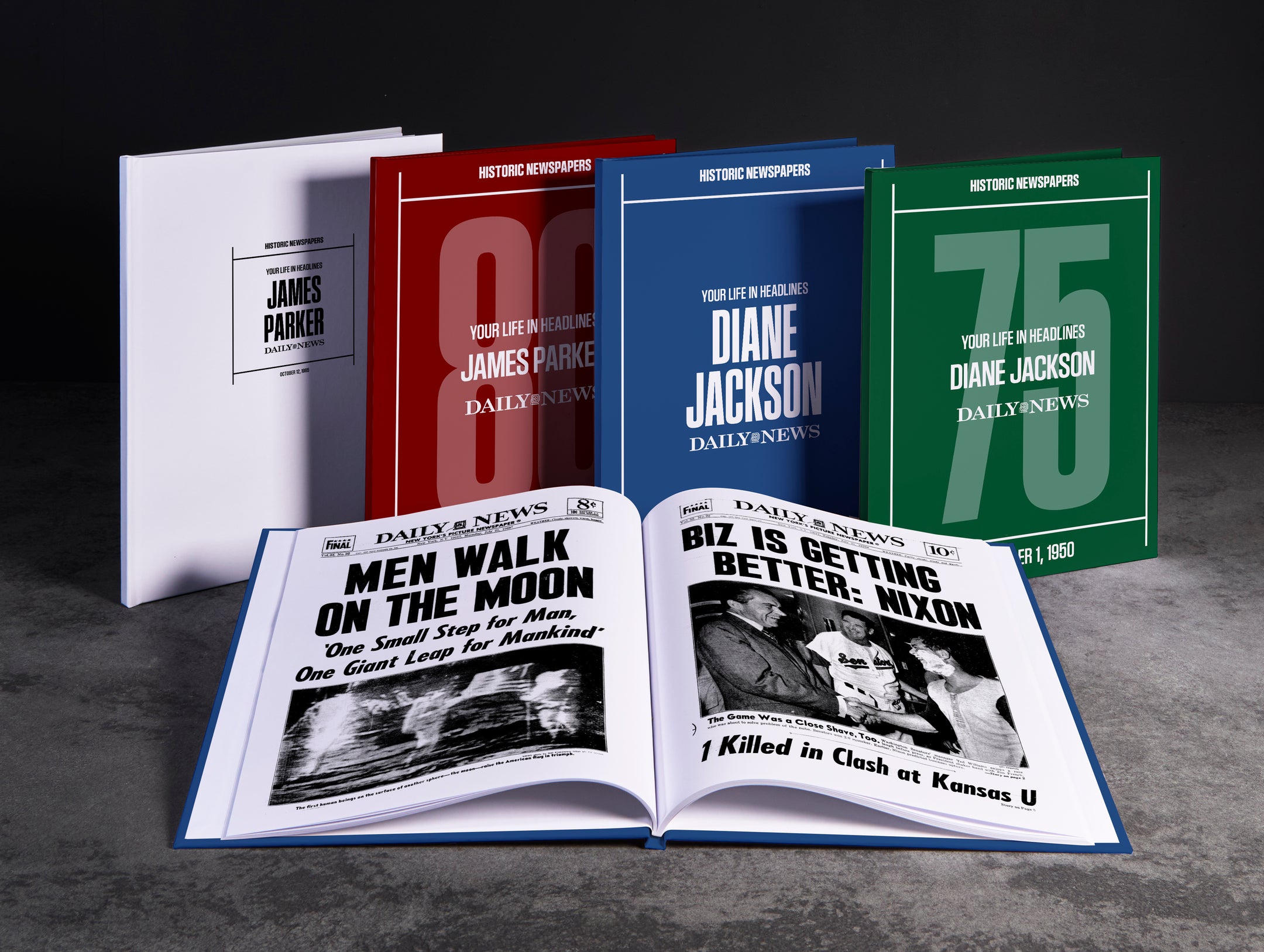
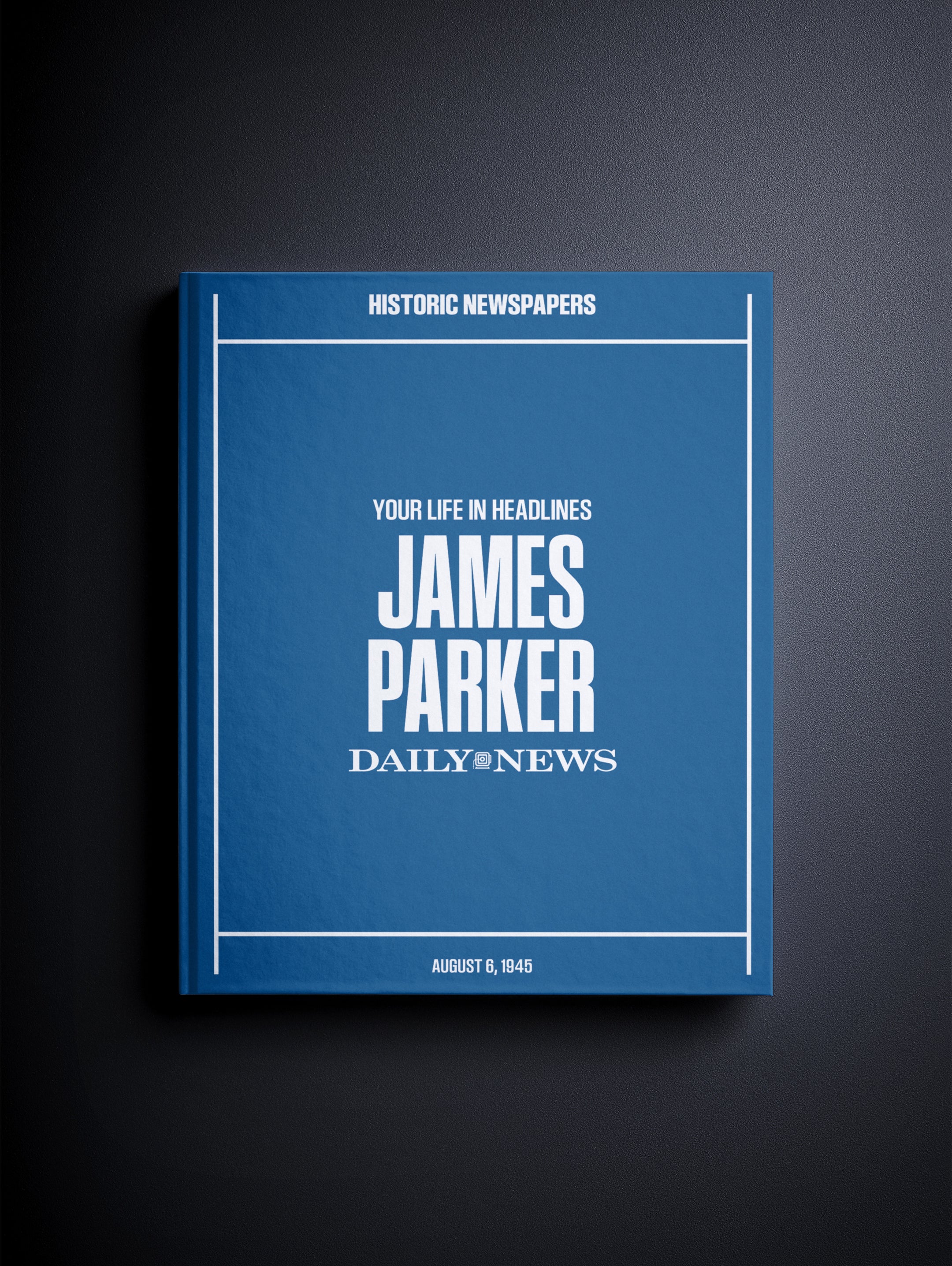
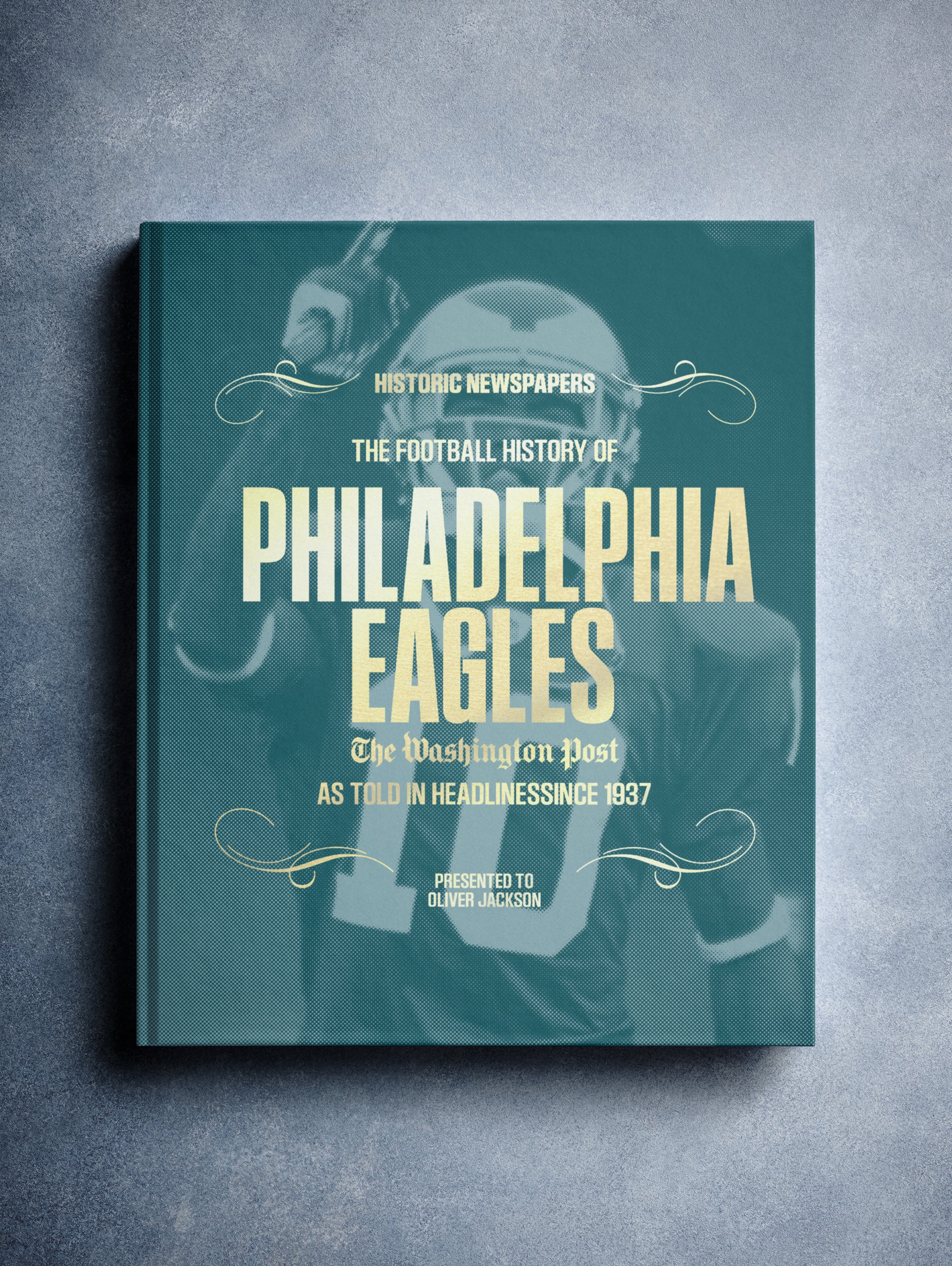

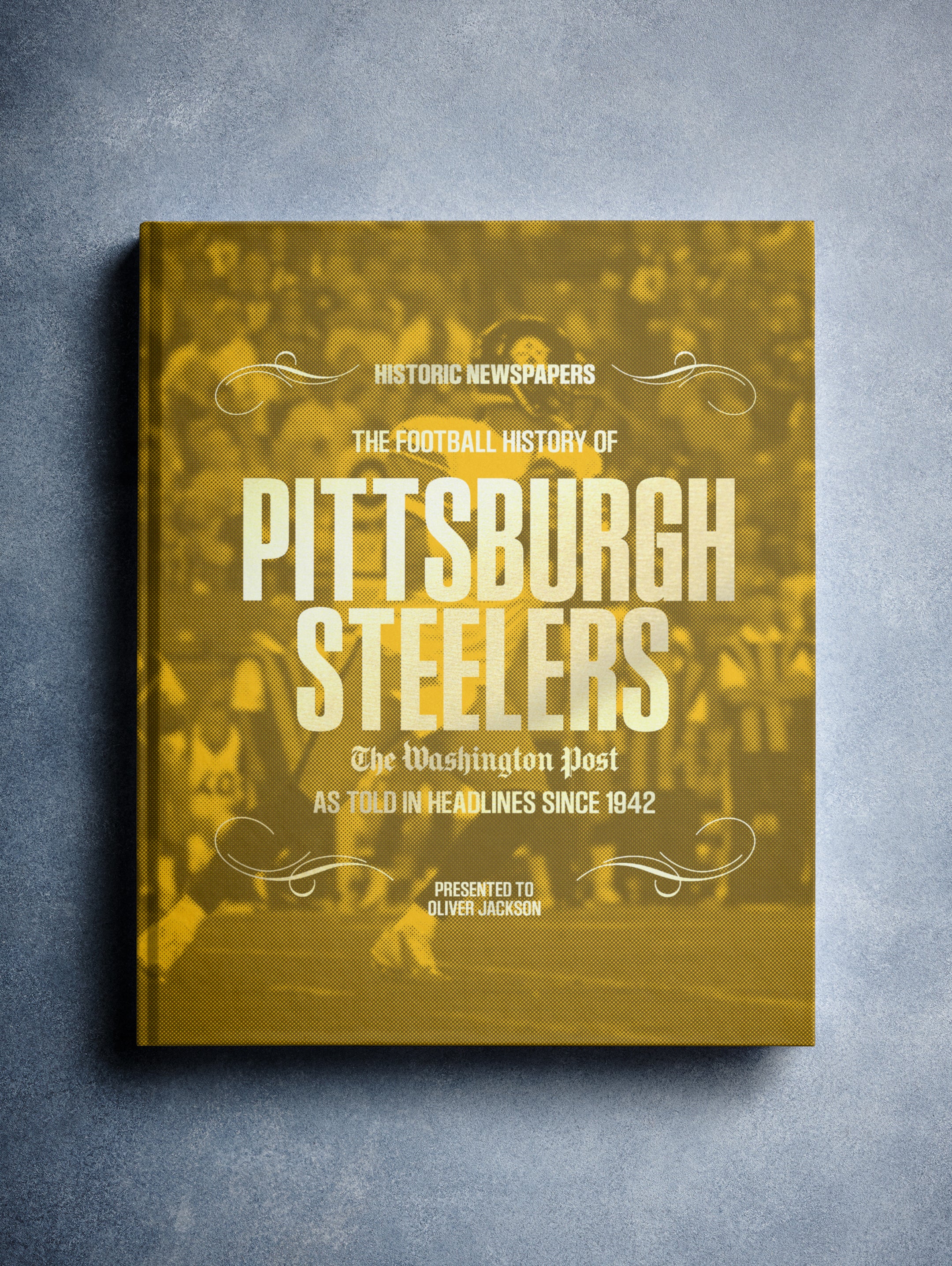



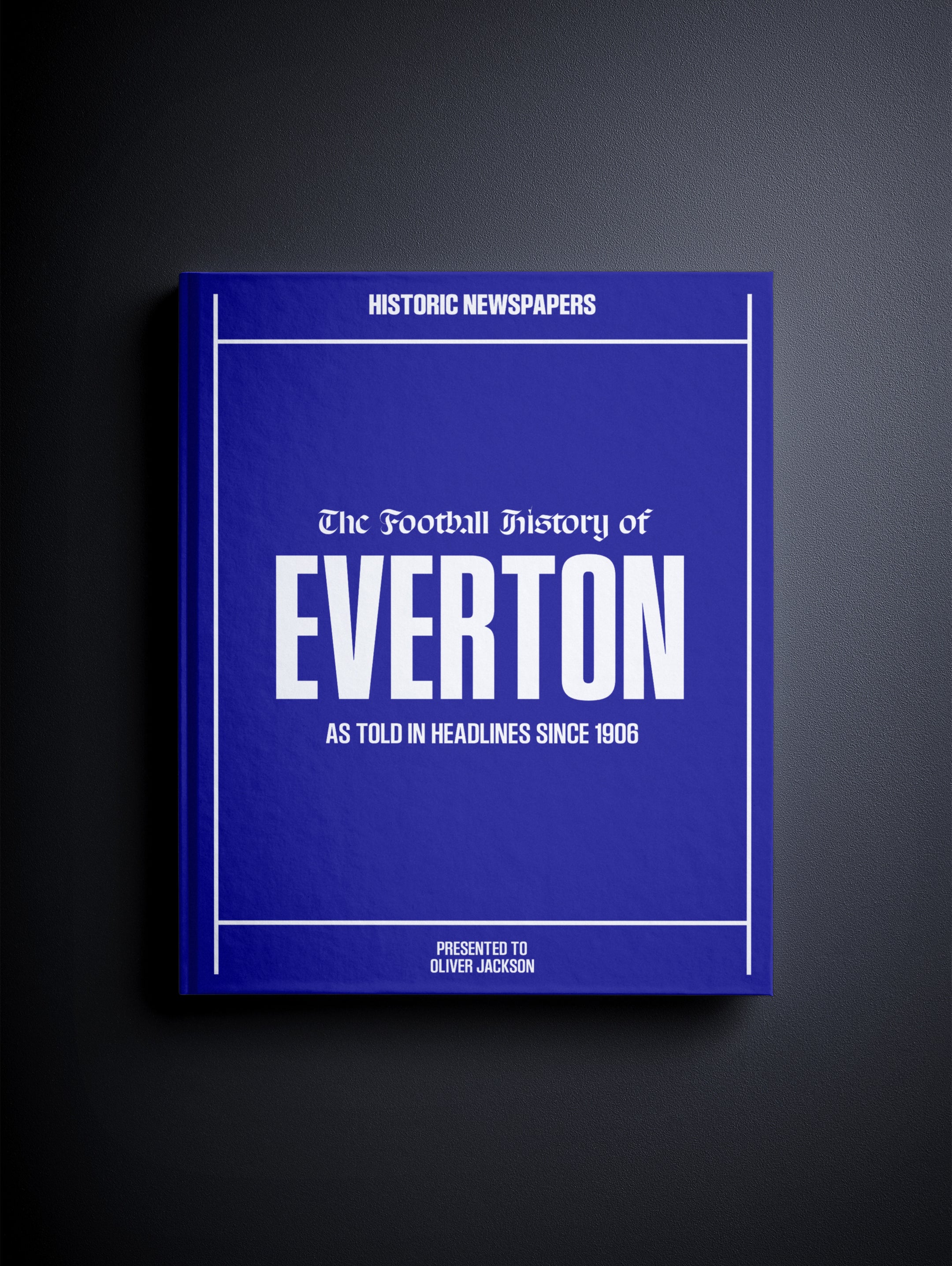
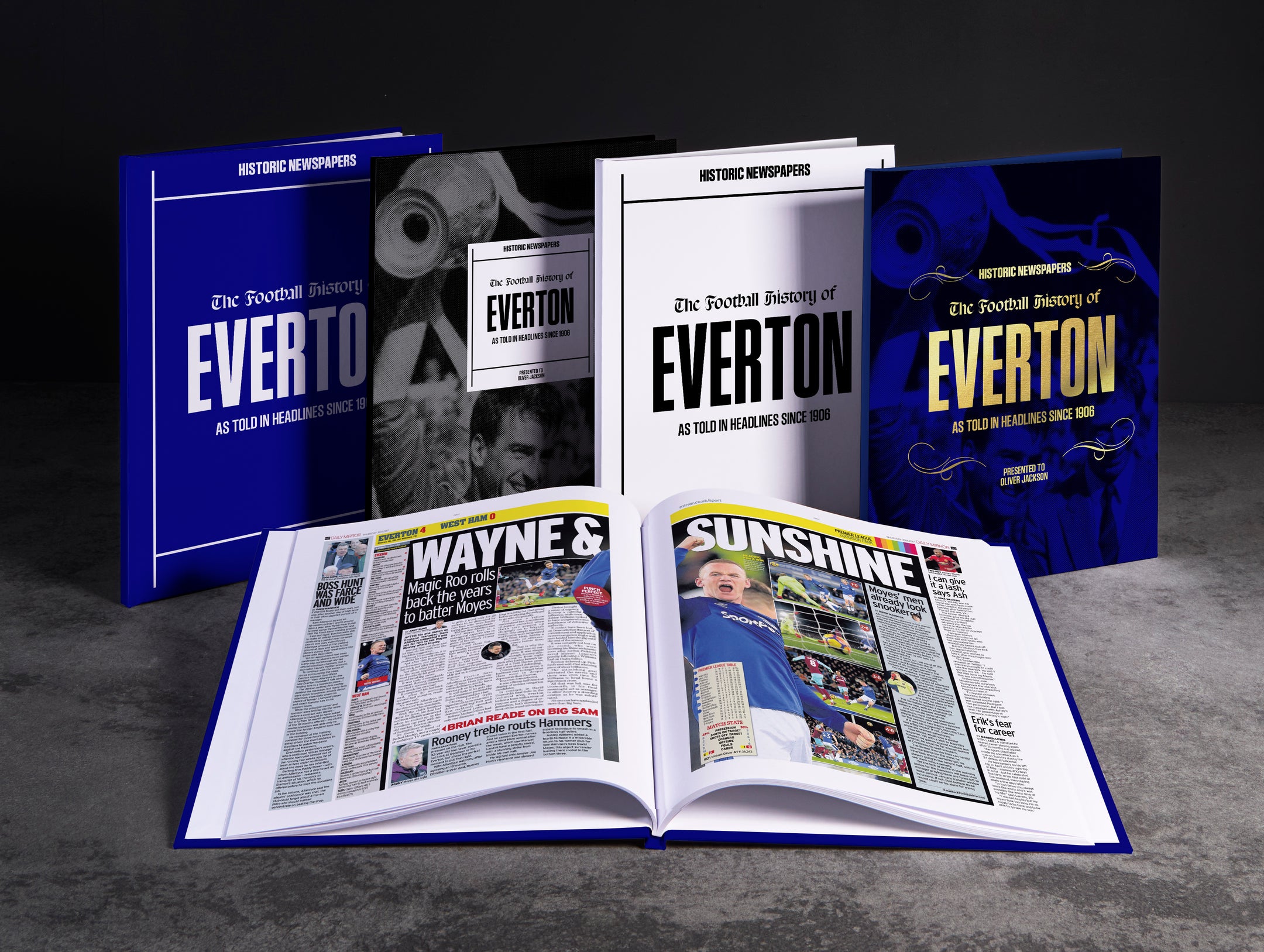
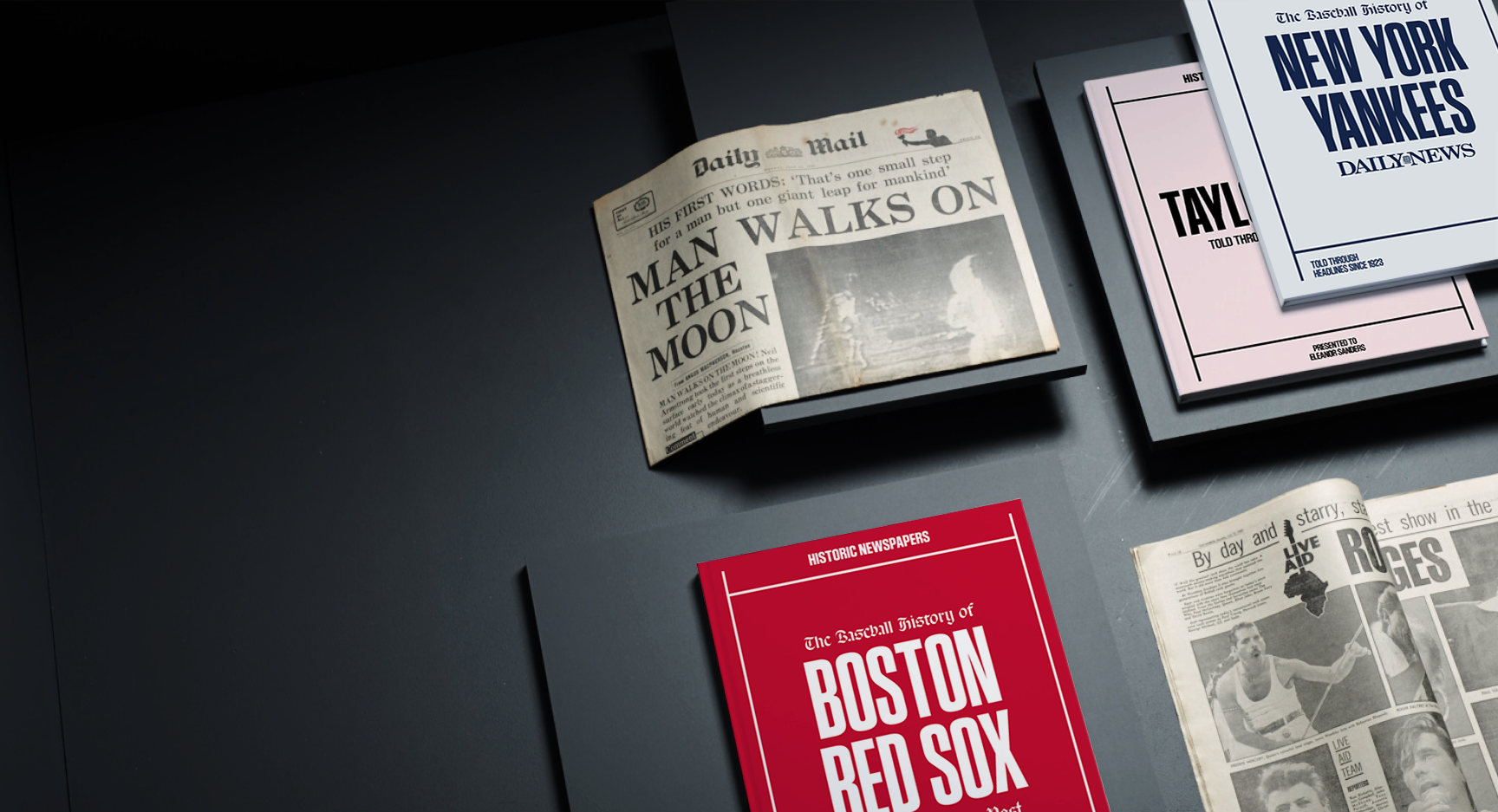
Follow us